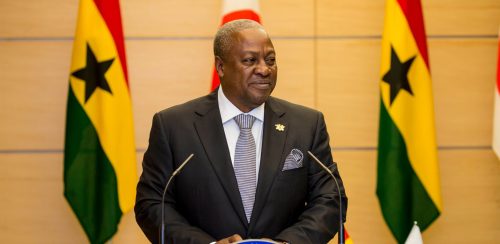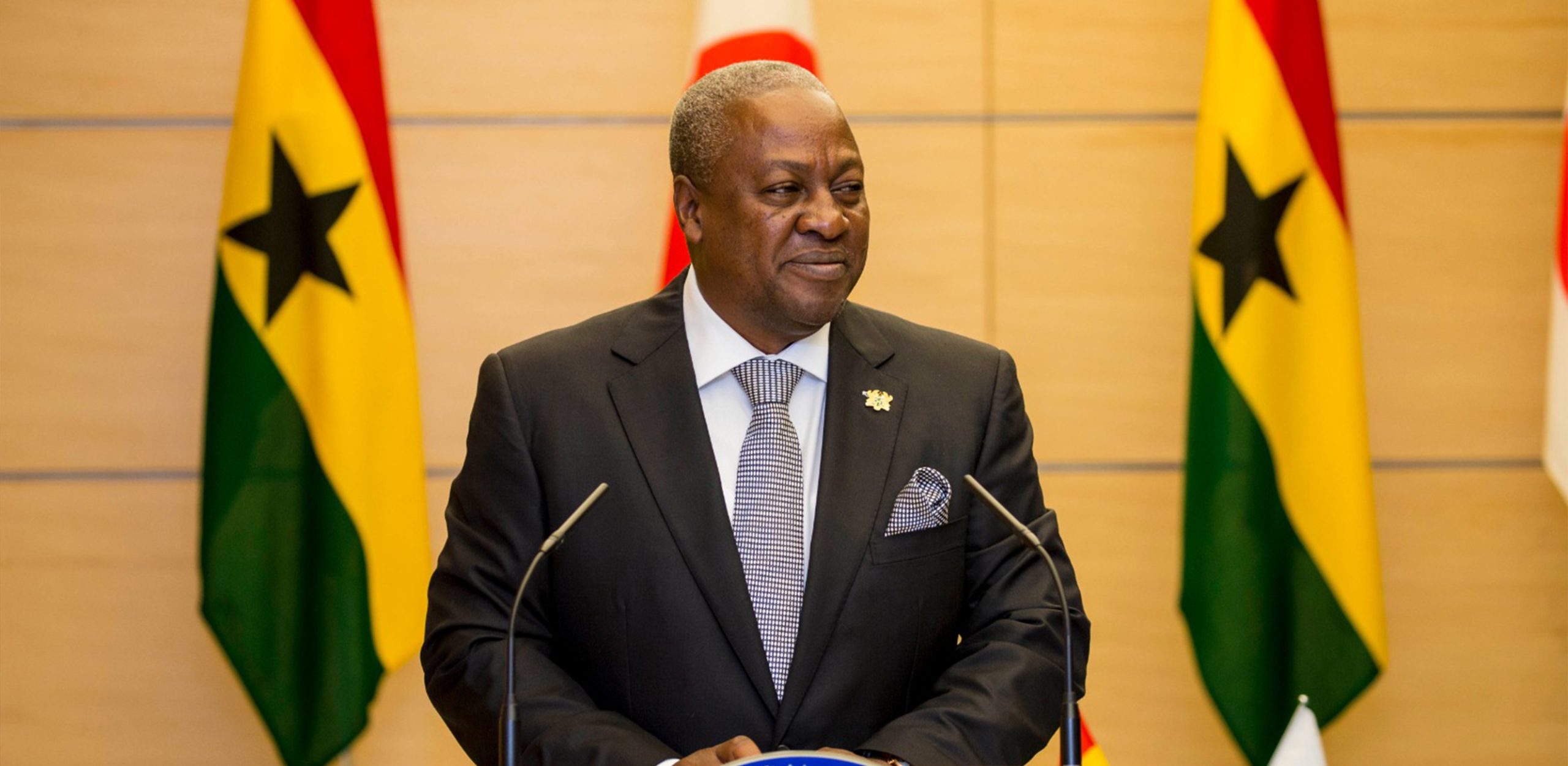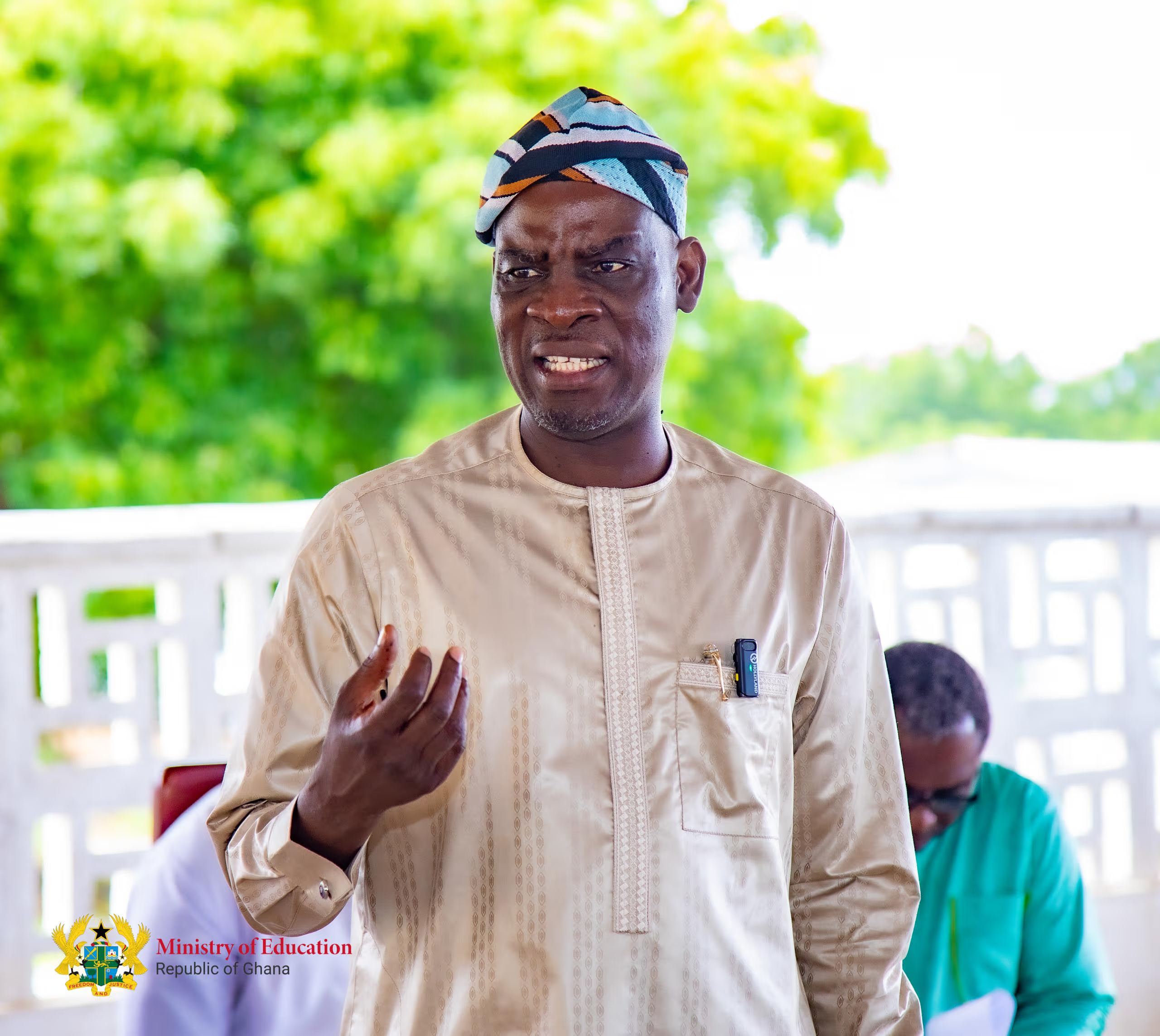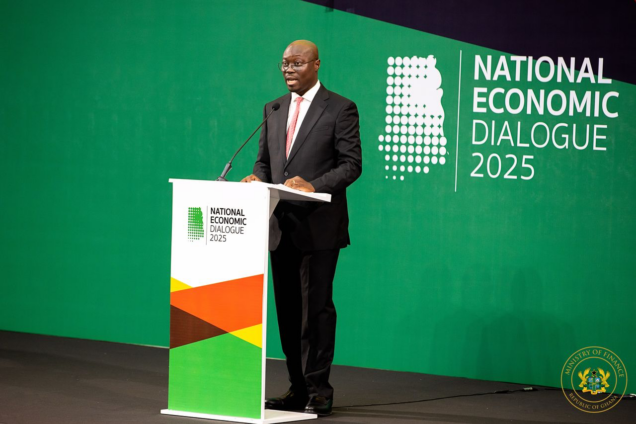
President John Mahama, on July 4, unveiled the ‘No Fees Stress’ policy during a ceremony in Koforidua, aimed at easing financial barriers for tertiary students.
The initiative delivers on a core campaign promise made during the 2024 elections and forms part of Mahama’s broader Reset Ghana agenda, designed to ease financial burdens on vulnerable families and empower the country’s youth through expanded access to higher education.
The policy has already seen a strong response, with figures from the Student Loan Trust Fund (SLTF) showing nearly 130,000 students registered online by mid-June, and over 100,000 having completed the application process. According to SLTF officials, this marks the beginning of a renewed focus on improving student loan support.
The SLTF administrator announced the upcoming launch of the ‘Student Loan Plus’ program, set to begin in the 2025–2026 academic year. This initiative is expected to offer more holistic financial assistance to continuing students, targeting structural barriers that have historically hindered equal access to tertiary education.
Education Minister Haruna Iddrisu also revealed major upcoming steps, including a significant boost to the SLTF budget—doubling the GETFund’s allocation from GHC70 million to GHC150 million in the next academic year. He further disclosed plans to present the Scholarship Authority Bill to Parliament, aiming to reform the scholarship system and eliminate favoritism and political interference in the awarding process.
President Mahama shared personal stories behind the policy’s conception, recalling a young man who was unable to register for school due to his family’s financial struggles during harvest season. “These are not isolated cases,” the President said. “Behind each number is a face, and behind each face is a dream at risk.” He emphasized that tertiary education is not merely about obtaining a certificate but is central to national development—producing the doctors, engineers, teachers, entrepreneurs, and public servants who drive the country forward.
President Mahama emphasized that behind every statistic lies a real person with hopes and dreams. He described tertiary education as more than just earning a certificate—calling it the driving force behind a modern society, responsible for shaping professionals like teachers, doctors, engineers, scientists, entrepreneurs, and public servants.
He further explained that higher education fuels innovation, strengthens civic responsibility, and promotes national identity. For students enrolled in fee-paying programs without standard track alternatives, the policy includes a financial support component of up to GHC2,500 toward their academic costs. He clarified that the initiative is designed to complement existing support systems, not replace them.
Mahama stressed that the policy doesn’t eliminate current student allowances or loans, but rather eases the most significant barrier—initial access to tertiary education, which has long excluded many talented students. He made it clear that this move isn’t about providing handouts, but about fairness—restoring dignity to students and reinforcing the principle that education is a right for all Ghanaians, not a privilege reserved for the wealthy
#NoFeesStress #GhanaEducation #EqualAccess #StudentDignity #ResetGhana









